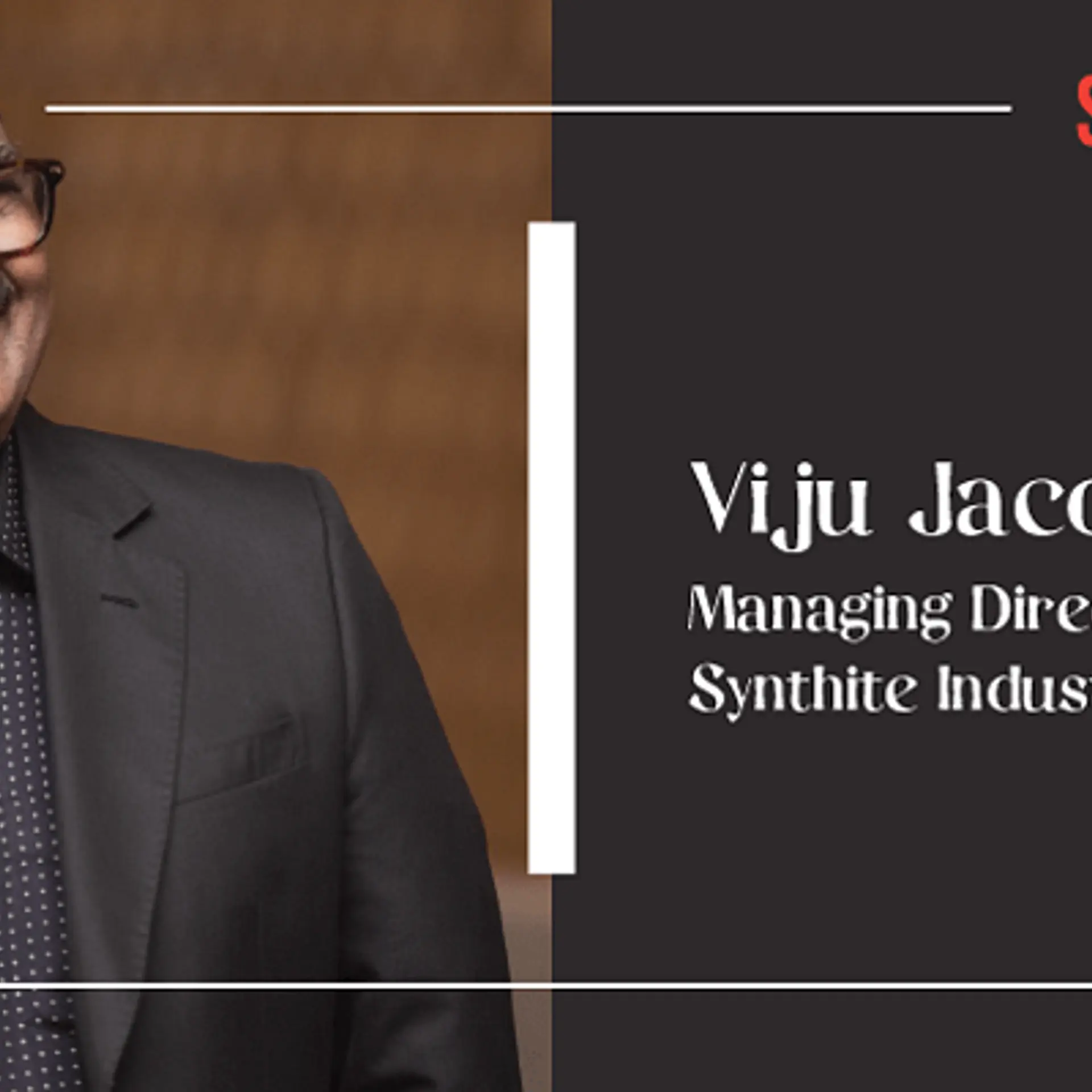The entrepreneurs redefining success and other top stories of the week
This week, SMBStory covered inspiring stories of Lagnam Spintex, Zoomin, and other businesses.
Every business owner dreams of building a successful company and defining what success looks like. For Sachin Katira and DP Mangal, the quest for entrepreneurship wasn’t different. Their conviction has led them to build profitable businesses and set examples for others.
This week SMBStory covered foundation stories of and , and listed them in our top stories, for a dose of inspiration on a Sunday.
Lagnam Spintex

The goal of retirement is to live an easy, slow, and peaceful life, but the case was entirely different for entrepreneur Dwarka Prasad Mangal.
In 2010, Mangal, who was 62 years old then, retired. However, he was bursting with energy, and wanted to do something at a large scale.
“I did not want to do the regular consulting work,” he tells SMBStory.
This is when he decided to give entrepreneurship a shot. Having worked in the textile industry for several years, including in companies such as Rajasthan Spinning & Weaving Mills, Jagatjit Cotton Textile Mills and more, Mangal decided to zero in on this industry to debut into the business market. This is how the cotton yarn manufacturer, Lagnam Spintex, came into existence.
In 2010, he shifted his base from Delhi to Bhilwara, Rajasthan to set up a unit to manufacture ring yarn and open-end yarn. A total of Rs 31 crore was invested to start the business, and according to Mangal, he contributed about 30 percent of the amount, and the rest was financed by a bank.
However, he admits the move was not easy. “It was tough since I put my life’s earnings into the business. Also, shifting from Delhi to Bhilwara, which is not as developed, was not easy,” he says.
The shift, he further adds, was more difficult for his younger son, Anand Mangal. “Anand was born and raised in Delhi. He also lived in London for a couple of years. But we were determined to make our project a success,” he says.
The commercial production began in 2012 with 960 open-end rotors. The company clocked Rs 35 crore that year. They also started exporting to Europe from 2013 onwards and expanded to other countries. Today, 55 percent of the production is exported to countries such as Italy, Turkey, Portugal, Columbia, China, Bangladesh and more. Bangladesh, Mangal highlights, is the company’s biggest market.
As the production expanded, Lagnam Spintex added 480 rotors in 2014 in the same unit and another 480 in 2015. At present, Lagnam has installed 1,920 rotors, and 25,536 spindles, producing 35 tonnes of yarn every day. In 2018, the company also got listed on National Stock Exchange’s SME platform. This year it migrated to the main platform of NSE.
Zoomin

Raise your hand if you’ve ever sent or received a personalised gift — a mug, keychain, photo frame, or posters. Customised gifting, which gained traction around the mid-2000s, is a multi-billion dollar industry. In India, the trend has gained momentum over the last few years due to internet penetration in tier 2 and 3 cities as well as access to disposable incomes.
When Mumbai-based ZoomIn began its online and offline personalised gifting business in 2009, the gifting landscape in India was different. According to Sachin Katira, who joined the company as a Head of Customer Service and later took over Zoomin’s operations, the local market showed promise but was growing slowly, unlike western markets.
In fact, Zoomin’s founder, whose name Sachin didn’t disclose, had to sell the business in 2018 due to the mounting losses. The founder decided to focus on his other businesses abroad.
Sachin, however, decided to stay.
“But we were enjoying what we were doing and were confident enough that in the coming years, this business would grow,” Sachin tells SMBStory, adding that by this time Jio had made the internet more accessible and people even from tier 2 and 3 towns were exploring personalised gifting options.
Partnering with a friend, Sachin bought out the company in 2018 at an undisclosed amount and started afresh. He focussed on the online business model through its website and mobile application. He claims that since he acquired the company, it has grown 60 percent year on year. Zoomin even survived the COVID-19 pandemic, an event that closed many businesses.
Truerevo

When Ahmedabad boy Rohan Shah was out for a morning jog, he realised he had dropped his phone somewhere while running. He went back looking for his phone, only to find its screen cracked.
This led Rohan to search for jogger shorts with deep pockets to carry his mobile and earphones, but he couldn’t find anything in an affordable range.
Hailing from a family that was into the business of manufacturing innerwear, Rohan had a knowledge of the athleisure and active wear market. He was quick to understand there was a need for a good athleisure range at an affordable range for fitness freaks like him. After doing some research, Rohan decided to launch his own brand in 2016.
In six years, the company claims to be growing 75 percent year on year, with Truerevo being "profitable since inception".
Launching a brand was not difficult for Rohan, but offering quality and affordable products in a market dominated by French sporting goods retailer Decathlon, Nike, etc, was tough.
Edited by Affirunisa Kankudti









